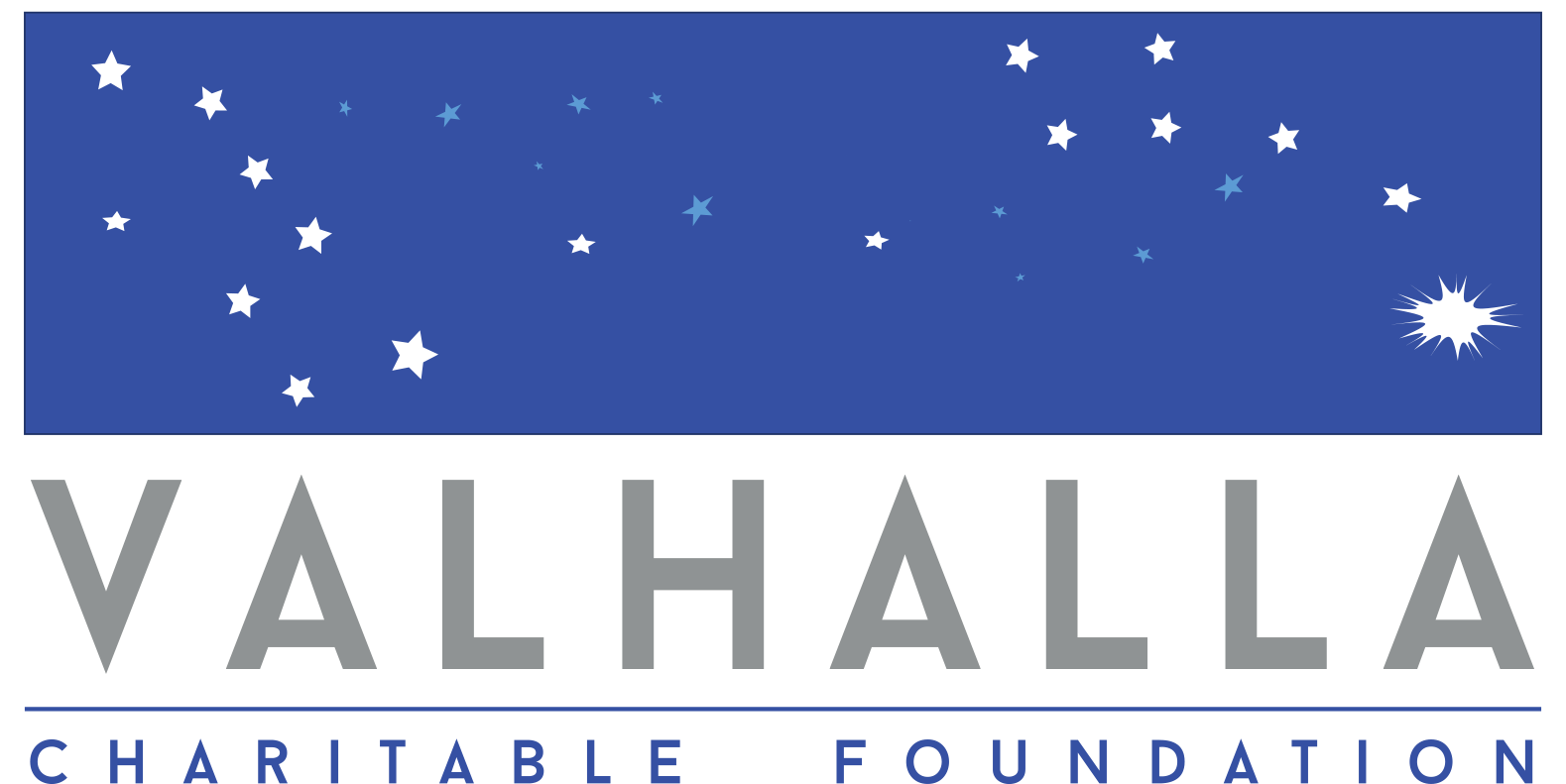We're excited to announce the launch of an aggressive plan to expand access to the Centering model of group healthcare, including CenteringPregnancy® and CenteringParenting®. The effort launches October 1, 2017 and will focus on underserved communities with poor health outcomes.
With two major growth initiatives, we seek to rapidly scale the Centering model in the communities where group care can have the greatest impact. We will:
CHI will partner with two exemplary community health centers to host the regional offices and to help pilot innovative applications of the Centering model. These Centering Regional Leadership Partners will be instrumental in expanding Centering care to new patient populations and visit types.
“What happens to a woman during pregnancy not only affects the health of her and her baby but also the health of a community and beyond. We have this incredible opportunity to scale the Centering model, but more importantly, to improve lifelong health by transforming birth outcomes, early childhood and family health in the U.S. CHI is uniquely poised to support the healthcare community in implementing this innovative, evidence-based and cost-saving care delivery model.”
 Valhalla Charitable Foundation has committed to providing an extraordinarily generous initial investment of $4 million to serve as the catalyst to CHI’s five-year plan focusing on six key areas:
Valhalla Charitable Foundation has committed to providing an extraordinarily generous initial investment of $4 million to serve as the catalyst to CHI’s five-year plan focusing on six key areas:
In the coming weeks, CHI will initiate a competitive Request for Proposal (RFP) process to assist in identifying clinical sites that are eligible for the technical assistance grants. A total of 130 grants are expected to be awarded on a rolling basis over the next two years. CHI will also begin reaching out to potential Centering Regional Leadership Partners.
“Centering offers a unique opportunity for the healthcare system to support new mothers from pregnancy to when the child is two-years-old, in a way that’s proven to improve health outcomes for their families. Expanding the paradigm shift of health services from an individual to a group care model not only delivers these health outcomes at a lower cost, but also provides critical social support networks for the families.”